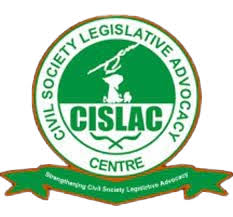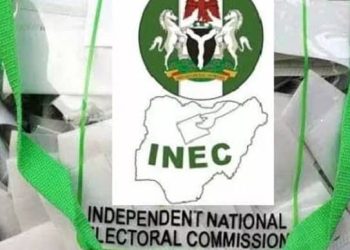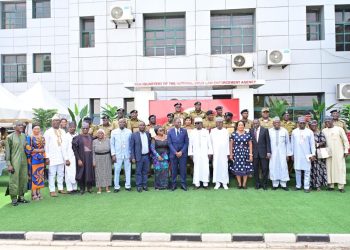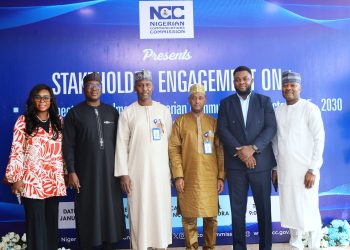By Nkechi Eze
The Civil Society Legislative Advocacy Centre (CISLAC) has expressed strong disapproval of President Bola Ahmed Tinubu’s decision to grant presidential pardons to 175 convicted individuals, including those found guilty of drug trafficking, corruption, illegal mining, oil theft, and other capital offences.
In a statement signed by its Executive Director and Head of Transparency International Nigeria, Comrade Auwal Ibrahim Musa (Rafsanjani), CISLAC described the mass clemency as “legally questionable, morally wrong, and damaging to Nigeria’s image both locally and internationally.”
Among those reportedly pardoned are controversial figures such as former Delta State Governor James Ibori convicted in the United Kingdom, as well as individuals implicated in oil theft, kidnapping, and transnational crimes. CISLAC argued that extending presidential pardon to such individuals not only contravenes the spirit of justice but also exceeds the constitutional powers of the Nigerian president.
“You cannot pardon someone convicted by a foreign court when Nigerian jurisdiction wasn’t involved in the conviction. That is beyond the constitutional powers of the Nigerian president,” the organisation stated.
The civil society group warned that the move could significantly undermine international cooperation in the fight against corruption, drug trafficking, and other transnational crimes, areas where Nigeria depends heavily on foreign intelligence and mutual legal assistance.
“Pardoning individuals convicted for drug trafficking, financial crimes, and other serious offences sends the wrong signal to Nigeria’s international partners and undermines the credibility of our justice system,” the statement added.
CISLAC also expressed concern over the demoralising impact the decision could have on law enforcement and anti-corruption agencies such as the EFCC, ICPC, NDLEA, Code of Conduct Bureau, and the police, which had expended years of investigative and prosecutorial effort to bring many of the convicts to justice.
“It’s an insult to the justice system and a slap in the face of the anti-corruption agencies who risked their lives to bring some of these people to justice. How do you motivate EFCC, ICPC, NDLEA, CCB or police officers to continue their work when their efforts are undone with a single signature?” CISLAC queried.
The organisation drew attention to the disparity between the swift clemency extended to high-profile individuals and the continued neglect of thousands of poor Nigerians languishing in correctional facilities without trial, some for more than a decade.
“You have people in prison for petty crimes or no trial at all for 10 to 20 years, but here we are watching the state extend mercy to individuals who have done real damage to the economy and the social fabric of the country,” the statement lamented.
According to government sources, the presidential pardon was based on reports of good behaviour, acquisition of vocational skills, old age, and demonstrated remorse. Some of the beneficiaries were said to have participated in rehabilitation programmes, including enrolment in the National Open University of Nigeria (NOUN). Additionally, seven inmates on death row reportedly had their sentences commuted to life imprisonment.
However, CISLAC maintained that forgiveness should not translate into exoneration, particularly for individuals whose actions have inflicted far-reaching economic and social harm on the nation.
“Pardon implies that they never committed a crime, that they are no longer ex-convicts. That’s dangerous. These individuals can now sue if they’re labelled as ex-convicts. We are effectively rewriting history and absolving criminals of responsibility,” CISLAC warned.
The group further cautioned that the decision could embolden criminal networks involved in oil theft, drug trafficking, kidnapping, and illegal mining, thereby worsening insecurity and entrenching the culture of impunity.
“Some of these individuals may return to the very same criminal networks they were part of. This action will only strengthen the culture of impunity,” CISLAC stated.
Calling for a complete overhaul of the presidential pardon process, CISLAC recommended the establishment of a more transparent and accountable framework to ensure fairness and integrity. The organisation urged that priority should be given to inmates awaiting trial and those convicted for minor, non-violent offences.
“This is a serious lapse in judgment. Those who advised the president have done the country a disservice. National interest should come before political considerations,” the group asserted.
CISLAC concluded by urging the federal government to reaffirm its commitment to justice, equity, and international cooperation, warning that continued disregard for due process and ethical standards would further erode Nigeria’s reputation on the global stage.
“National integrity is not built through selective mercy or political convenience. It is upheld by consistent adherence to justice and accountability,” the statement added.















